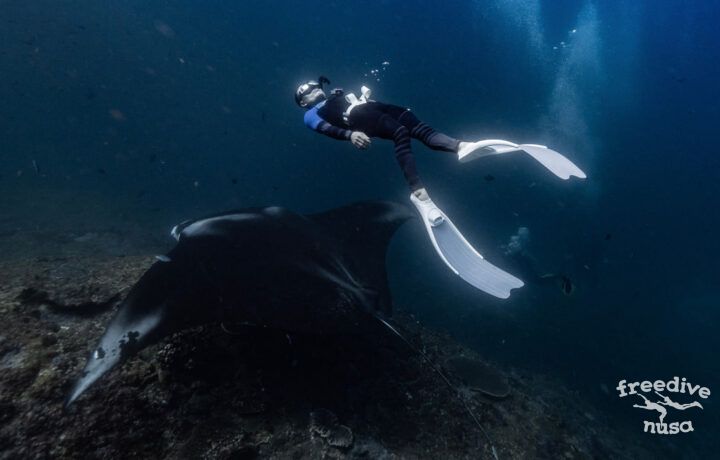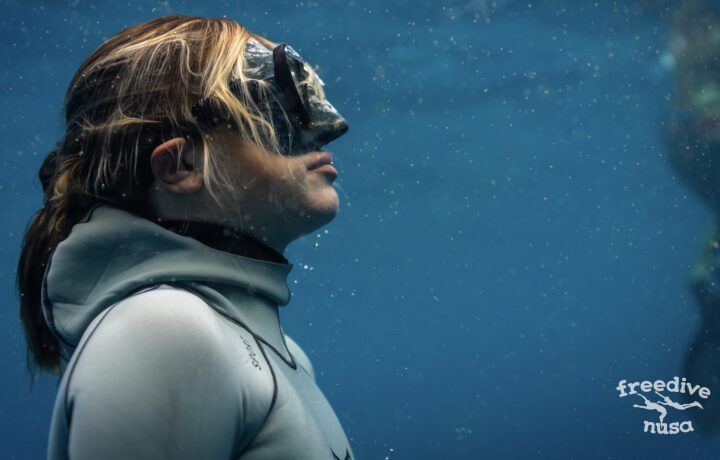Motion sickness or kinetosis is a common issue for those who often find themselves in open water, including freedivers. This occurs because the inner ear detects movement that the eyes don’t. Severe seasickness can significantly disrupt the impressions of the trip and reduce your efficiency. Luckily, there are numerous methods to prevent and alleviate this discomfort. Here are our best tips to help you avoid seasickness on your next sea adventure.
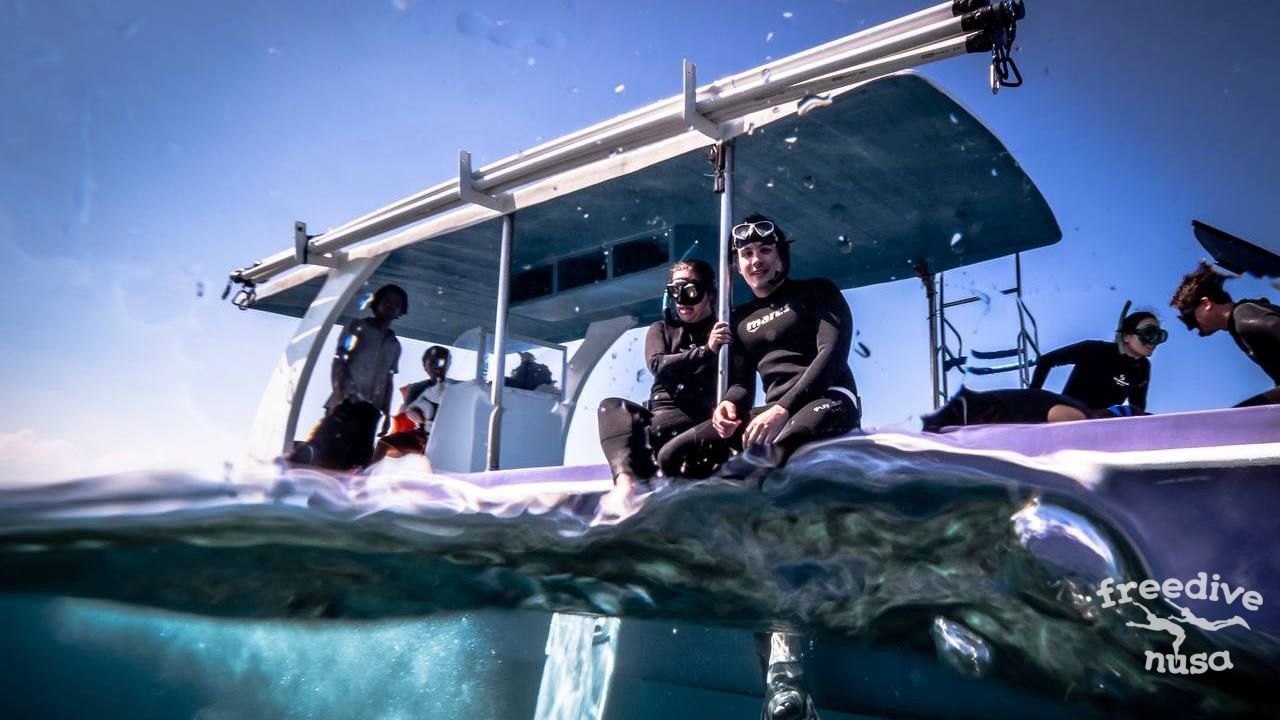
1. Choose the Right Spot on the Boat
You should stay in the open air, away from the boat’s exhaust and on the lower deck where movement is less noticeable. Sitting or lying down at the back of the boat can also be helpful. Selecting the right spot at the start of the trip can greatly reduce the chances of getting seasick.
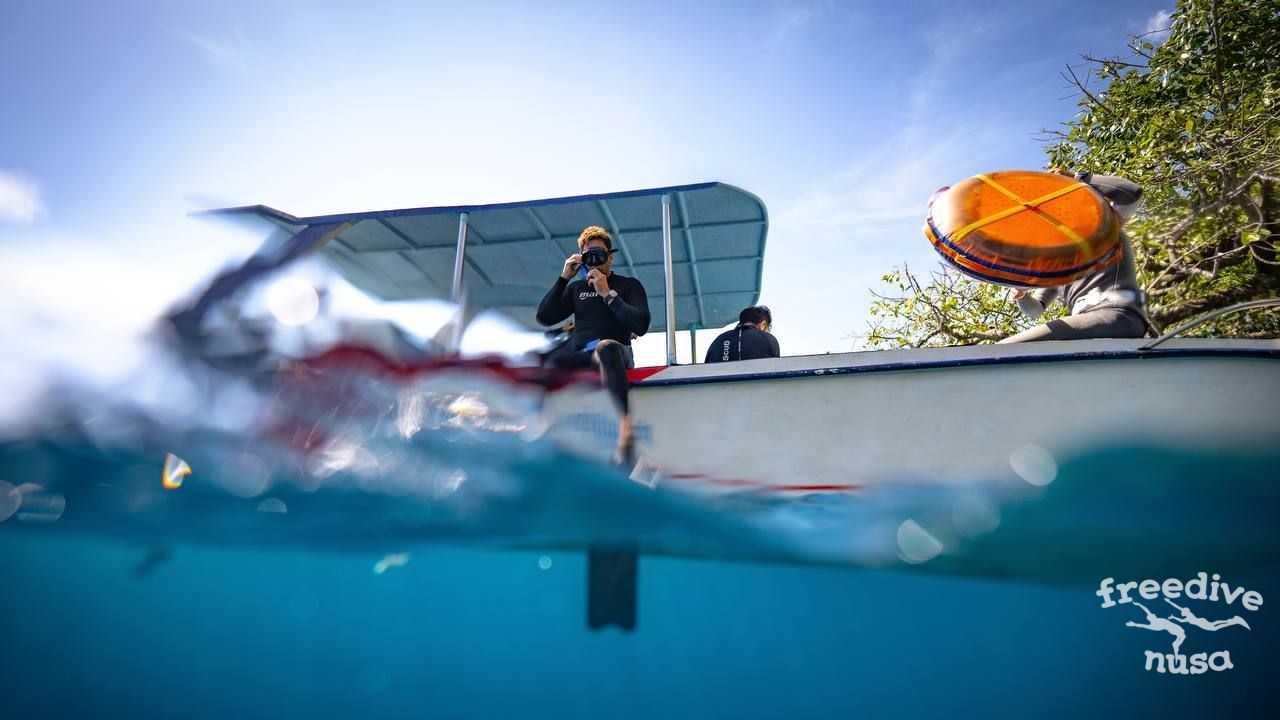
2. Avoid Strong Smells
It’s best to avoid strong odors such as cigarette smoke, perfumes, flue gases, and air fresheners, as they can exacerbate feelings of nausea and discomfort.
3. Take Your Seasickness Medication
Take your pills for seasickness before boarding the boat.
If you don’t want to take medicine, there are natural options. Homeopathic remedies and ginger can help reduce nausea. Keep some ginger candies with you just in case, or bring ginger tea.
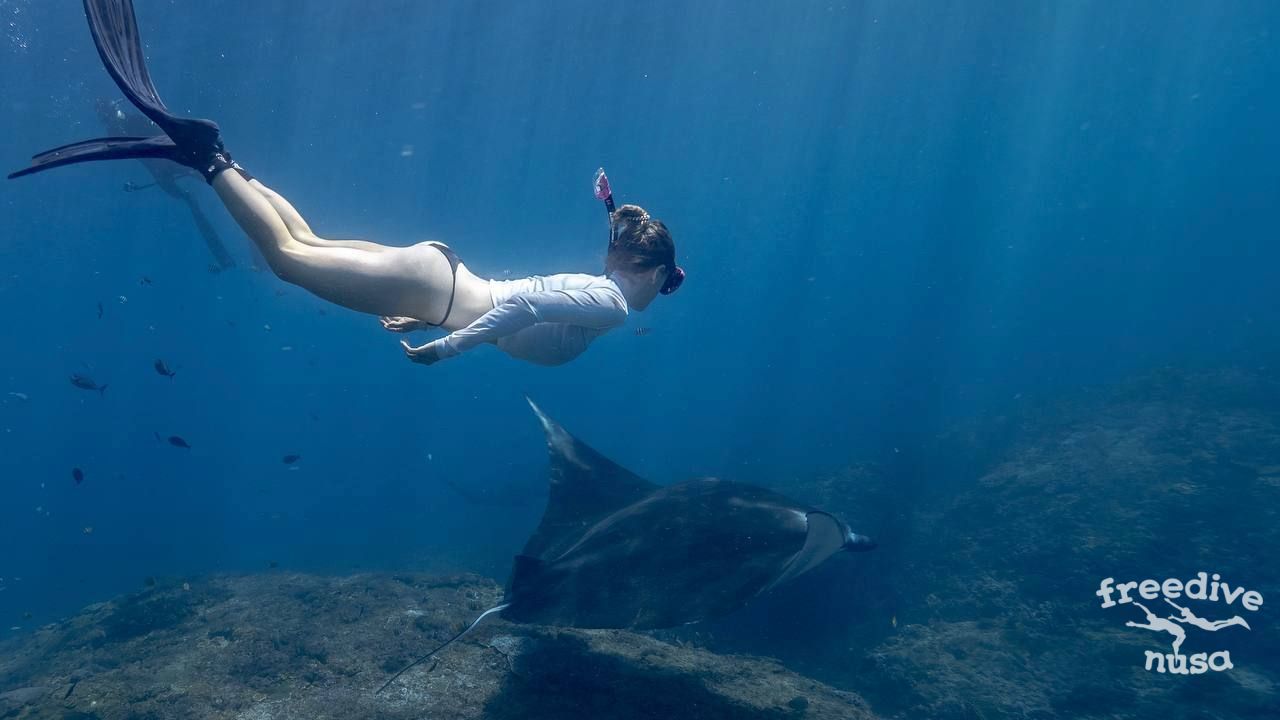
4. Fix Your Gaze on a Still Object
Staring at a stable point, such as the horizon or an object on it, helps your brain align what you see with your body’s movements. Try to avoid reading or using your phone while in motion, as this can exacerbate motion sickness.
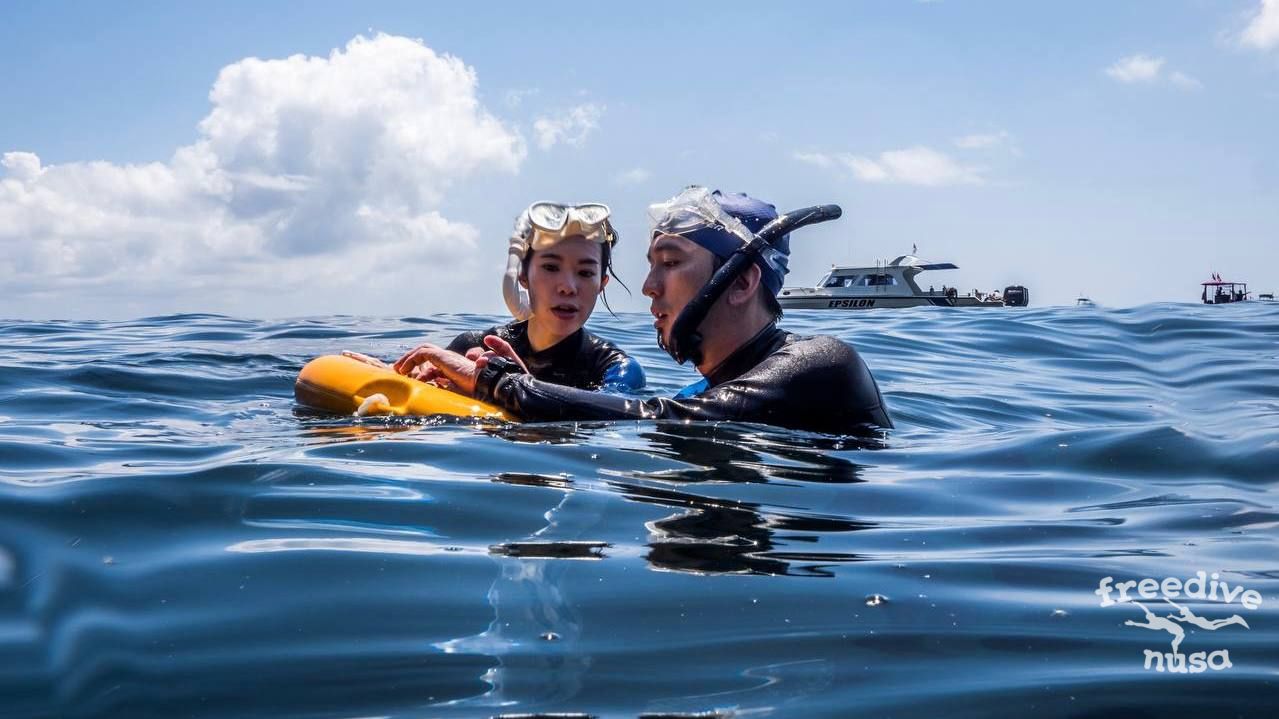
5. Maintain Good Nutrition and Hydration
Start your day with a nutritious and easily digestible breakfast, such as oatmeal, which can help prevent seasickness. If possible, you can skip a meal before boarding the boat. You should steer clear of heavy meals and drink plenty of water throughout the day. In hot climates or if vomiting occurs, electrolyte packets can be beneficial for hydration. Saltine crackers are also a good choice for easing discomfort.
To avoid seasickness, refrain from consuming alcohol before and during your trip, as it dehydrates the body and heightens susceptibility to nausea.
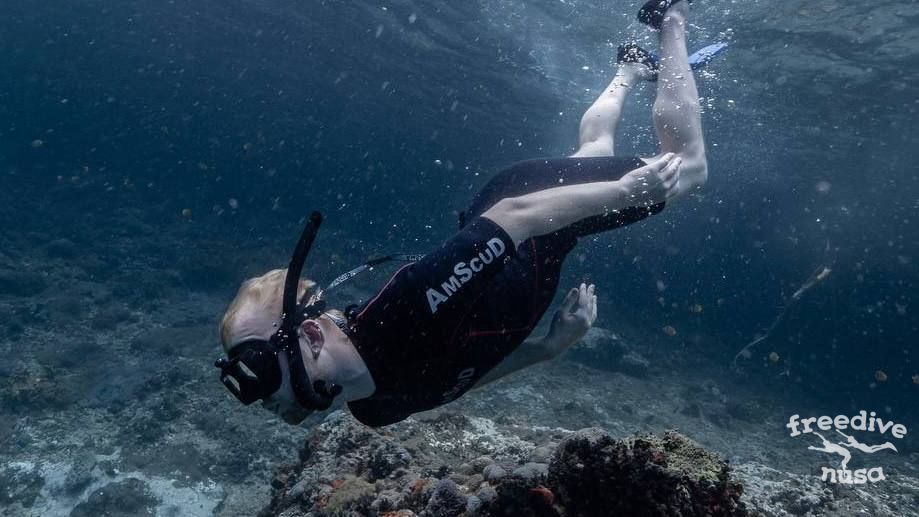
6. Stay Away from People with Motion Sickness
Even though motion sickness isn’t contagious, witnessing someone else feeling nauseous or uneasy can trigger similar symptoms in you. It’s advisable to maintain a distance from individuals experiencing motion sickness to minimize the chance of feeling queasy yourself.
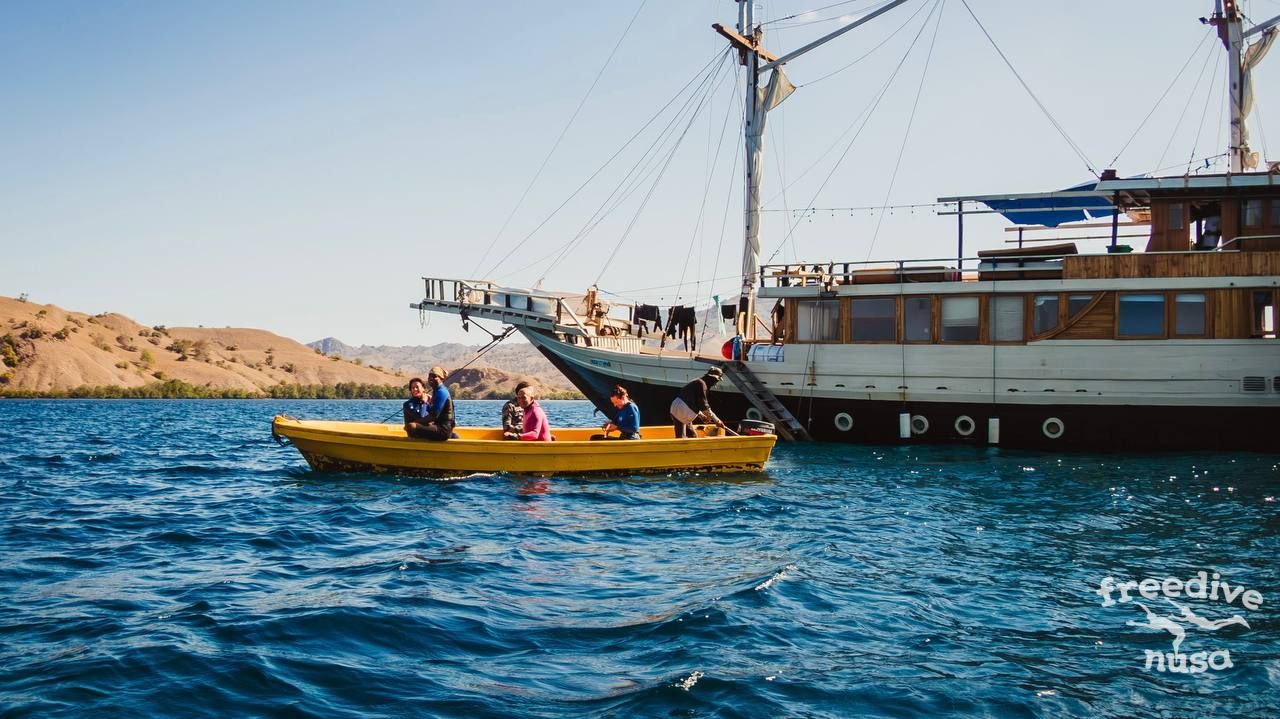
Whatever you do, don’t allow seasickness to prevent you from going out on the water. Most people will find relief using one of the methods mentioned. Motion sickness is usually a temporary inconvenience that can be forgotten once you have a good dive.

